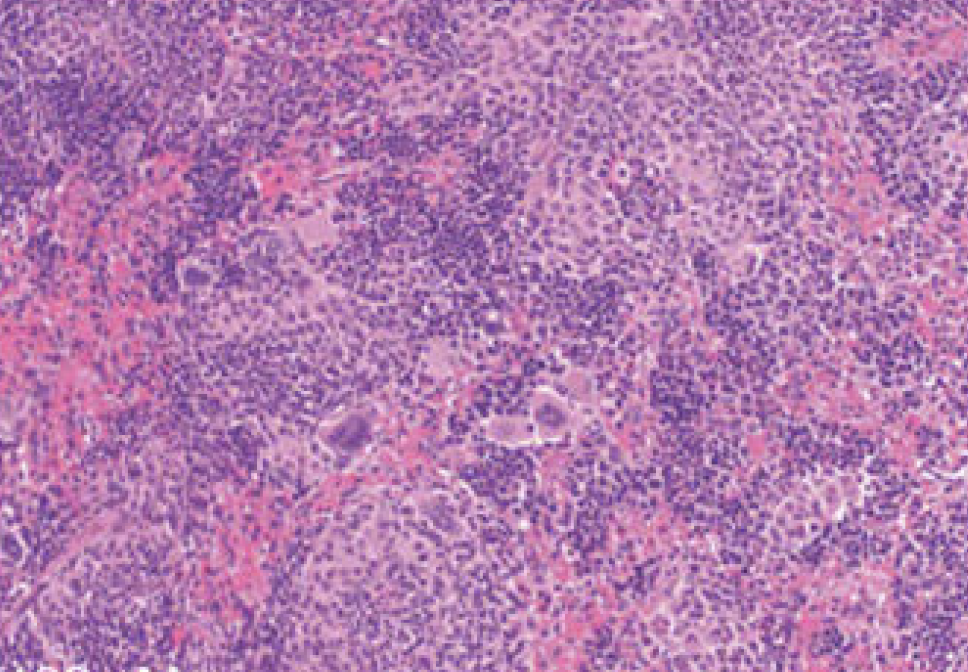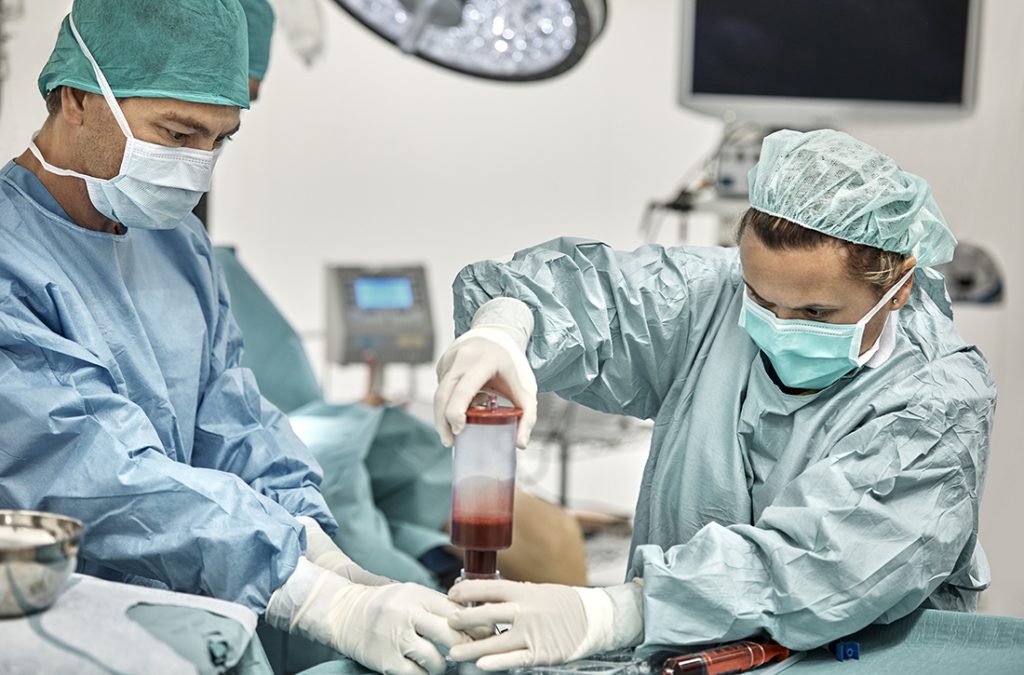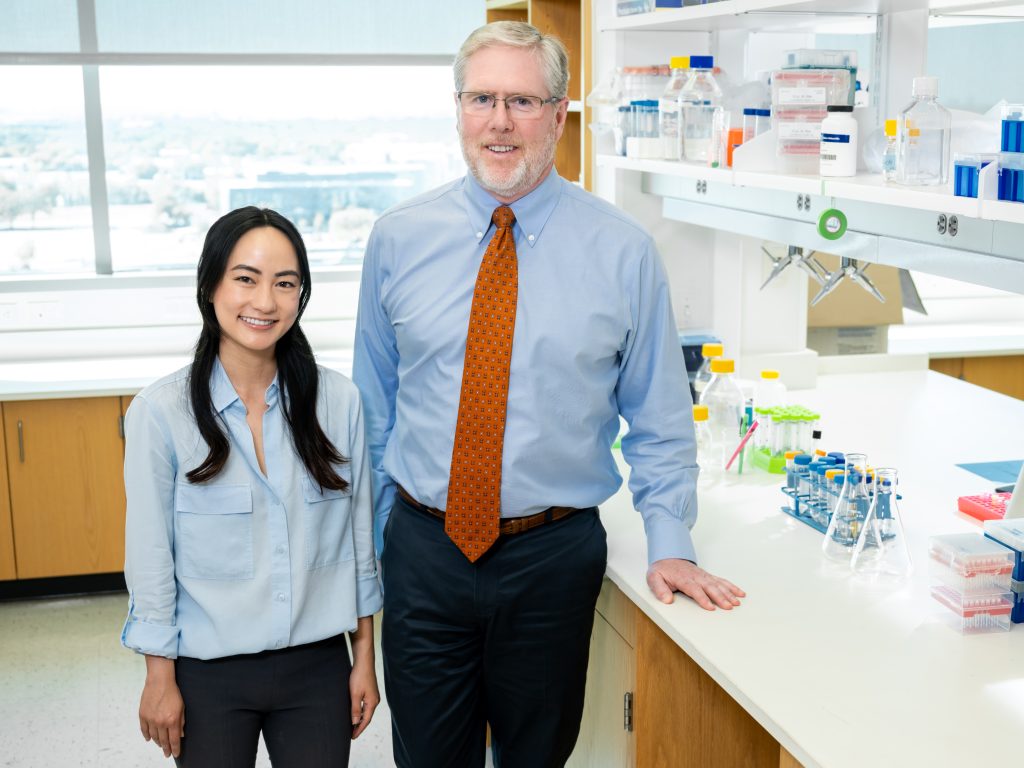 How are haematopoietic stem cells (HSCs) protected from inflammation, which increases with age and can deplete HSCs? Adiponectin, an anti-inflammatory factor that is not required for HSC function or haematopoiesis, promotes stem/progenitor cell proliferation after bacterial infection and myeloablation. Adiponectin binds two receptors, AdipoR1 and AdipoR2, which have ceramidase activity that increases upon adiponectin binding. Here we found that adiponectin receptors are non-cell-autonomously required in haematopoietic cells to promote HSC quiescence and self-renewal. Adiponectin receptor signalling suppresses inflammatory cytokine expression by myeloid cells and T cells, including interferon-γ and tumour necrosis factor. Without adiponectin receptors, the levels of these factors increase, chronically activating HSCs, reducing their self-renewal potential and depleting them during ageing. Pathogen infection accelerates this loss of HSC self-renewal potential. Blocking interferon-γ or tumour necrosis factor signalling partially rescues these effects. Adiponectin receptors are thus required in immune cells to sustain HSC quiescence and to prevent premature HSC depletion by reducing inflammation.
How are haematopoietic stem cells (HSCs) protected from inflammation, which increases with age and can deplete HSCs? Adiponectin, an anti-inflammatory factor that is not required for HSC function or haematopoiesis, promotes stem/progenitor cell proliferation after bacterial infection and myeloablation. Adiponectin binds two receptors, AdipoR1 and AdipoR2, which have ceramidase activity that increases upon adiponectin binding. Here we found that adiponectin receptors are non-cell-autonomously required in haematopoietic cells to promote HSC quiescence and self-renewal. Adiponectin receptor signalling suppresses inflammatory cytokine expression by myeloid cells and T cells, including interferon-γ and tumour necrosis factor. Without adiponectin receptors, the levels of these factors increase, chronically activating HSCs, reducing their self-renewal potential and depleting them during ageing. Pathogen infection accelerates this loss of HSC self-renewal potential. Blocking interferon-γ or tumour necrosis factor signalling partially rescues these effects. Adiponectin receptors are thus required in immune cells to sustain HSC quiescence and to prevent premature HSC depletion by reducing inflammation.
Read the full article in Nature Cell Biology.



